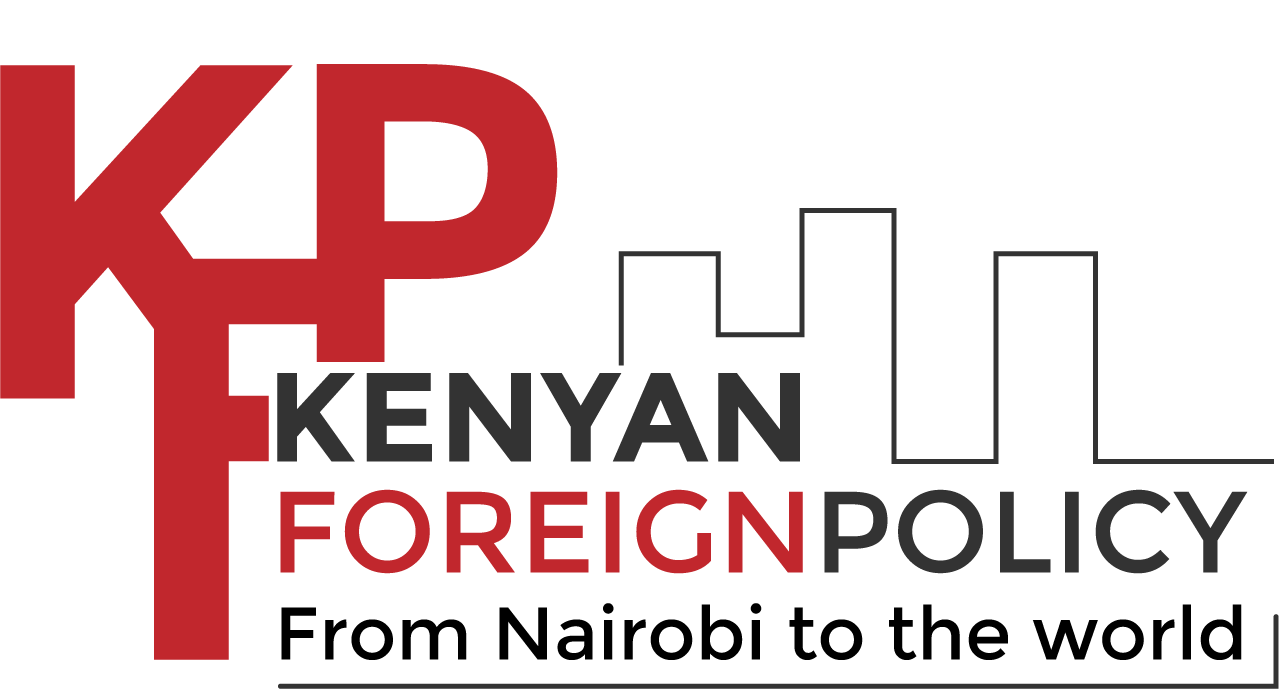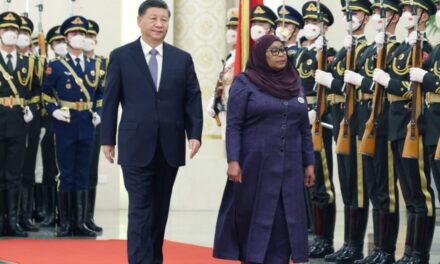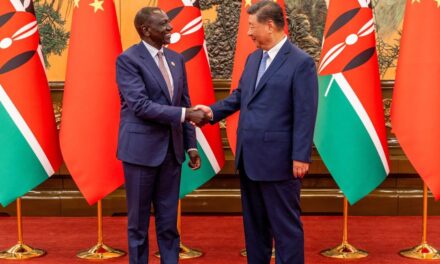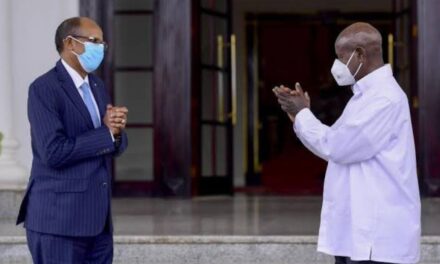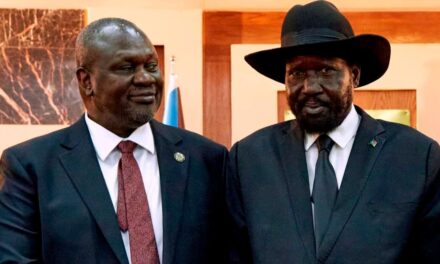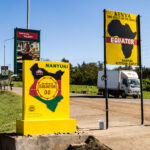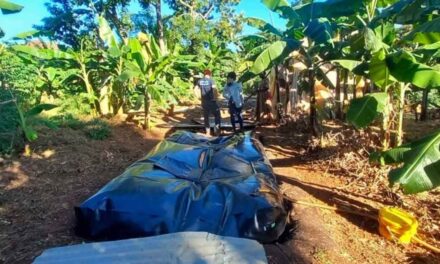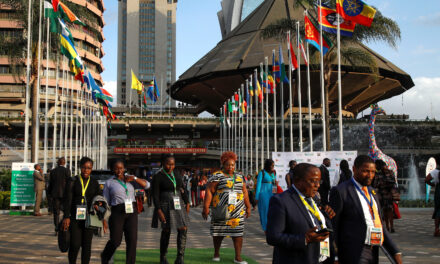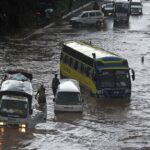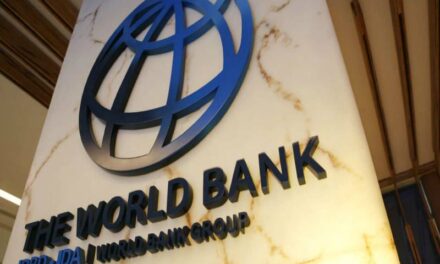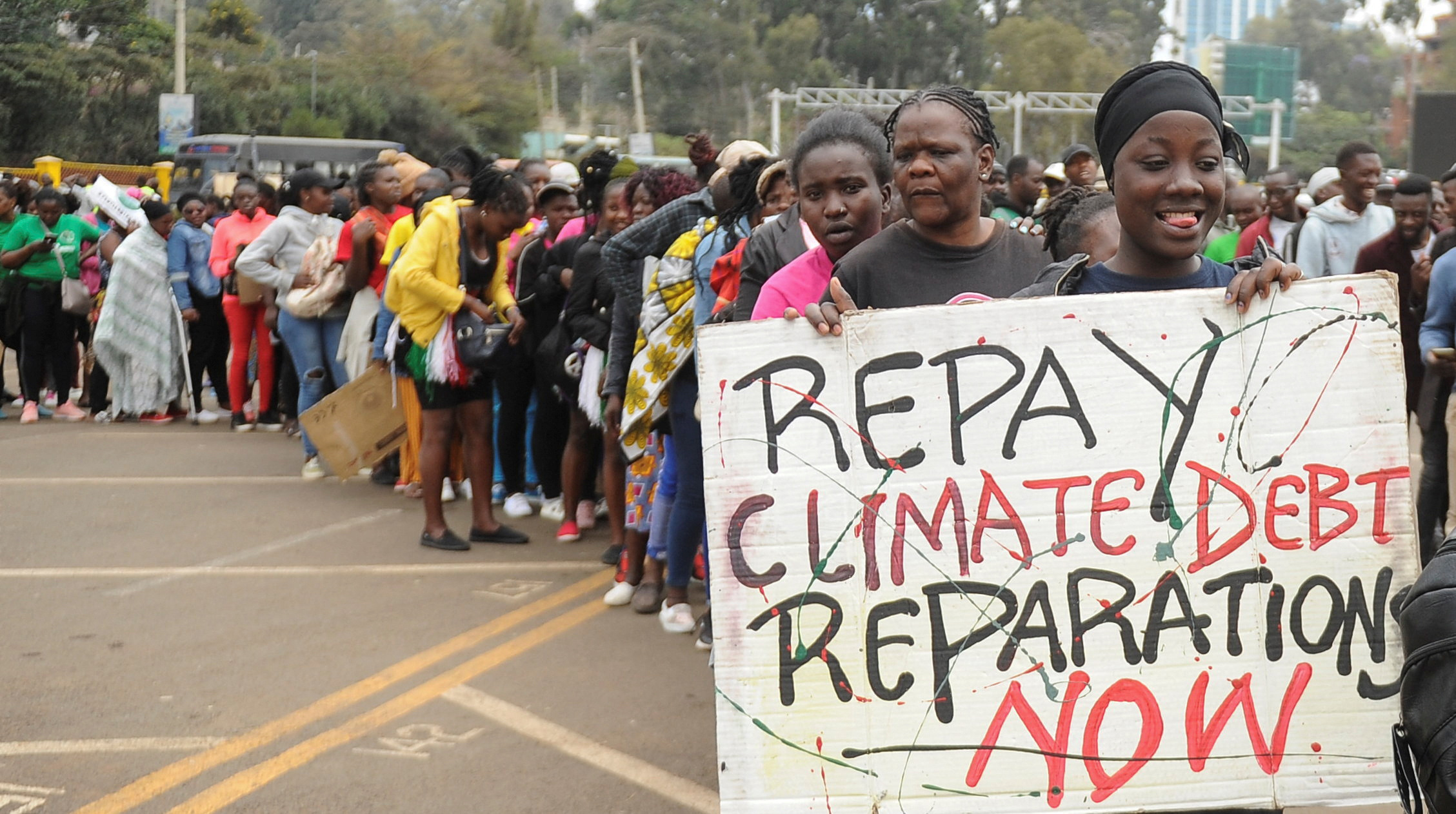
Africa Climate Summit: Accreditation Woes Dogs Summit Preparations
Posted by Patrick Kariuki | Sep 4, 2023 | CLIMATE CHANGE


The African Climate Summit, a critical gathering of leaders, experts, and activists from across the globe, was expected to address pressing climate issues facing the African continent. However, a crucial challenge emerged even before the summit began: the arduous and uncertain process of obtaining accreditation.
In a digital age where information flows seamlessly and events are accessed at the click of a button, the organizers of this high-level event embraced an analog approach to accreditation, leaving many frustrated and bewildered.
As documented by several attendees, the accreditation process lacked transparency and clarity. They were left guessing whether their applications had been accepted, as some reported receiving accreditation emails while others did not.
This inconsistency left many unsure about their status, despite their eagerness to participate.
The situation grew even more chaotic as participants discovered that they were required to collect their badges in person at Nairobi’s Charter Hall, a process that was marred by long queues, delays, and a lack of information.
Many of them reported waiting for hours, only to discover that their names were not on the list. The frustration was palpable, with some attendees venting their frustrations on social media.
One attendee claimed that the organizers allegedly allowed and confirmed registration by email for more than 20,000 people, only to be confronted with the reality of having to limit the numbers.
“So it is not a guarantee that your name is on the system even if you received the email”, she lamented.
These emails were auto-generated, thus they bore no connection to your actual approval.
This chaotic mess allowed brokers to emerge, charging a “facilitation fee” of up to 2000 Kenya Shillings to expedite the process for desperate attendees who had stood for hours in lines until Sunday late in the evening.
Delegates reported being asked to write letters to the Ministry of Environment to get their approvals processed, an unrealistic demand given the timelines involved. The approvals, if at all they came, would probably arrive too late to be of any use.
An attendee lamented, “A supposed digital leader like Kenya ensuring that the most important aspects of the conference are analog and within a compressed timeline!”.
Those who had used personal email addresses for registration reported being disadvantaged compared to those who registered using work or organizational emails.
Even international delegates, who had traveled long distances to attend the summit, were not spared from the confusion and disappointment.
“I have been at Charter Hall, and so many foreigners have been turned down. People in teams are crying there. Someone left Kigali yesterday morning only to get here and find no badge. Utter nonsense,” said an international delegate.
The lack of a smooth accreditation process for participants not only tarnished the reputation of the summit but also wasted the time and resources of those who had come from afar.
Others were concerned about their access to the summit’s side events, especially those taking place within the Kenyatta International Convention Centre (KICC), where badges were required for entry.
“I am specifically after the WRI side event on Thursday at 3 p.m. It will be in the KICC Tsavo room. Please tell me, how will I get through the main gate?” asked a participant.
Despite the frustration and disappointment, attendees remained hopeful, seeking alternative ways to access valuable discussions and sessions. Some mentioned attending side events that did not require badges or exploring additional avenues to make the most of their time in Nairobi.
Your support empowers us to deliver quality global journalism. Whether big or small, every contribution is valuable to our mission and readers.
